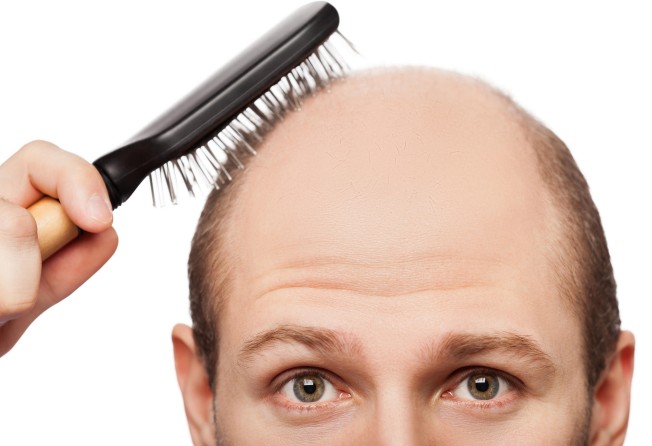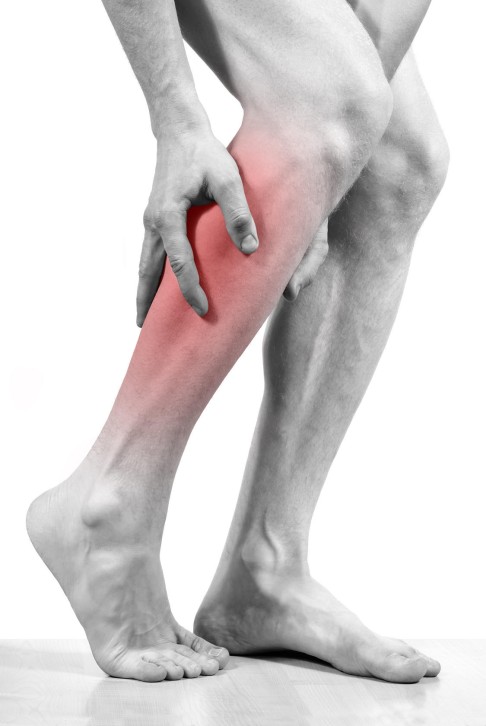
Stem cells used to grow hair; hormone inhibitor reduces sex drive


Stem cells used to grow new hair
Researchers at Sanford-Burnham Medical Research Institute in California have used human pluripotent stem cells to generate new hair. "Our stem cell method provides an unlimited source of cells from the patient for transplantation, and isn't limited by the availability of existing hair follicles," says Alexey Terskikh, associate professor in the development, ageing and regeneration programme. Terskikh developed a protocol to drive pluripotent stem cells to differentiate into dermal papilla cells and confirmed their ability to induce hair growth when transplanted into mice. The next step is to transplant the dermal papilla cells back into humans.

Nighttime leg cramps have their seasons
Cases of nighttime leg cramps roughly double in the peak of summer, compared with a midwinter low, according to a University of Alberta study. Researchers tracked the number of new quinine prescriptions (a drug prescribed to treat leg cramps) for adults aged over 50 in British Columbia, Canada, from 2001 to 2007. Prescriptions peaked in July, as did Google searches in the US for "leg cramps". Google Trends data showed a similar peak for the search term in Australia in January (midsummer there). The reason for this seasonality is not known, but the researchers say patients could stop taking their quinine during the colder months since the drug "comes with significant risk of toxicity".
Hormone increases the sex drive of mice
A study by Swedish researchers shows mice that receive a supplement of the "appetite hormone" ghrelin increased their sexual activity, while mice that received a ghrelin inhibitor showed less interest in sex. "It is already known that ghrelin affects the reward mechanisms that are triggered by food, alcohol and other addictive drugs. Our study now shows for the first time that ghrelin also plays a role in natural reward mechanisms like sex," says Elisabet Jerlhag, researcher at the Sahlgrenska Academy. Whether the hormone has the same impact on humans is unknown.